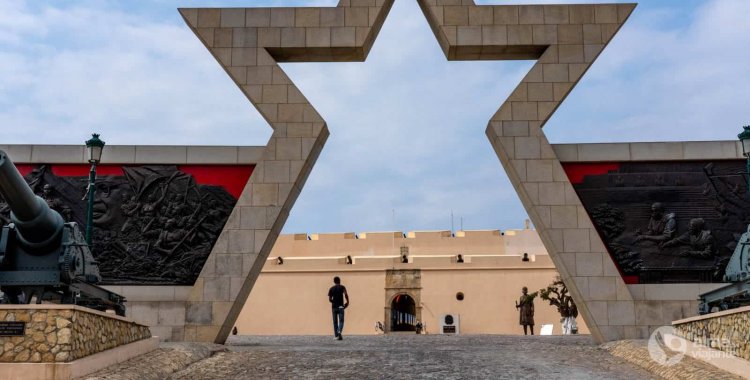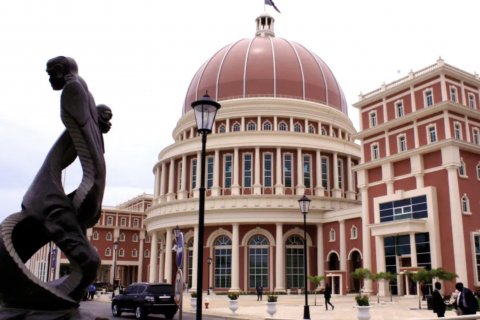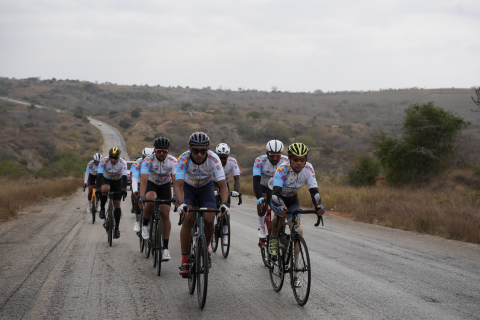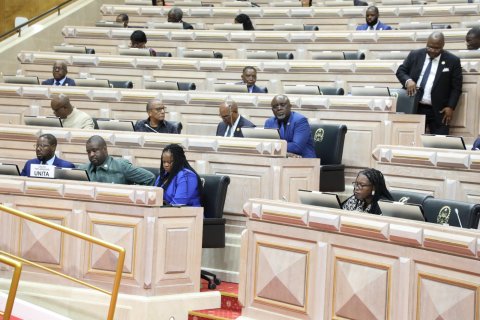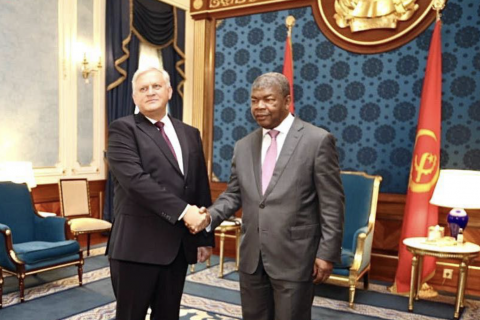The study, published by the International Institute for Democracy and Electoral Assistance (International IDEA), highlights Brazil and how the courts have sanctioned former President Bolsonaro for his attempts to illegally remain in power and for making unfounded allegations against the country’s electronic voting system.
Although the study reports a decline rather than an improvement in overall democratic performance for eight consecutive years worldwide, the South American country is seen as an example where elections have shown the ability to “strengthen democracy in the face of adversity”.
Brazil saw improvements in all four parameters used by the report’s authors, rising five places in the ranking for Political representation to 42nd, rising 17th to 63rd in Civil rights, rising 38 places to 53rd in Rule of law and rising 29 places in Political and civil participation, reaching 4th place out of 173 countries.
The report included Angola in a group of countries that have made progress in terms of the absence of corruption, along with Bulgaria, Kenya and the Maldives.
Even so, it found little change in the different parameters in 2023 compared to the previous year, retaining 121st place in the Representation ranking, rising one place in both Rights (119th) and Rule of Law (118th) and three in Participation (134th).
The authors of the report refer to the "enthusiasm" created by the emergence of a new generation of political leaders in Mozambique and Senegal, "given the extreme gap between the demographics of society and the demographics of current heads of state and government in Africa".
Mozambique saw some deterioration as, despite maintaining 118th place in the Representation ranking, it dropped four places to 121st. In Rights, it fell nine to 116th. in the overall ranking on Rule of Law and dropped three places to 129th in Participation.
In the Report published this Tuesday, which analyses data relating to 2023, Cape Verde is among the 32 countries, along with Portugal, that have recorded a decline in the effectiveness of their parliament in the last five years. Despite being considered to have a high performance, like Portugal, the African country has been deteriorating its performance in this index.
In the different parameters, Cape Verde rose three places in Representation to 32nd, remained in 54th in Rights, dropped one place to 49th in Rule of Law and rose three in Participation (120th).
Guinea-Bissau rose one place in Representation (112th), two in Rights (129th) and Rule of Law (137th) and three in Participation (66th)
Timor-Leste stands out in the report as having made general progress in democratic performance, with an average voter turnout rate of 79 percent standing out, a high figure despite voting not being compulsory.
The Asian country rose five places in the criterion of Political Representation (51st), four in Rights (95th), two in Rule of Law (65th) and seven in Participation (79th)
Equatorial Guinea also saw improvements, rising two places in Representation (144th), maintaining 163rd in Rights, rising six places in Rule of Law (157th) and growing three in Participation (161st).
The Global State of Democracy Report is produced annually by the Stockholm-based International Institute for Democracy and Electoral Assistance (International IDEA).
According to the latest report, 2023 was the eighth consecutive year in which more countries reported a decline rather than an improvement in global democratic performance, the longest consecutive decline in 48 years.

